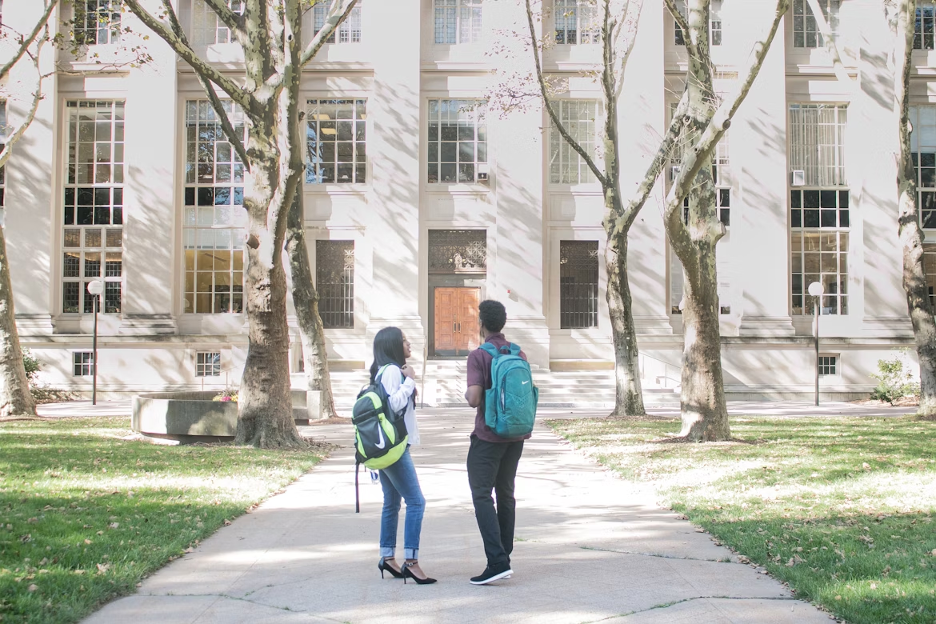
Living as a college student in Europe feels like stepping into a blend of history, culture, and modern learning. From picturesque campuses housed in centuries-old buildings to the lively energy of student cafés and cultural festivals, the experience is immersive and diverse. Each country offers its own style of education, but students across the continent share the common thread of academic rigor combined with a socially rich environment.
Academic Structures That Inspire
European universities often emphasize independent study and critical thinking. Instead of relying solely on lectures, many programs push students to conduct individual research and engage in seminars where discussion carries significant weight. Libraries often become second homes, filled with students preparing for exams that determine most of their grades.
The Bologna Process, a framework adopted across Europe, standardizes degrees into bachelor’s, master’s, and doctoral levels, making education more compatible between countries. This system allows students to pursue opportunities beyond their home nation with relative ease. The variety of programs offered in English has attracted international students who want to combine academic goals with cultural exploration.
Social Dynamics On and Off Campus
The social life in European colleges tends to spill beyond the campus gates. Unlike in the United States, where students often live in dormitories, many European universities do not offer on-campus housing. Instead, students rent apartments, share flats, or live with host families, which immerses them directly into the daily rhythms of city life.
Cafés, public squares, and local pubs often serve as informal gathering spots. Friendships take root during conversations over espresso, city walks, or weekend excursions. This lifestyle nurtures independence and adaptability, helping students balance social connections with personal responsibilities.
Daily Life and Cultural Adjustments
Adjusting to daily life in Europe can be both exciting and challenging. Students often discover quickly that habits differ from those back home. Dining traditions, social etiquette, and transportation systems create opportunities for cultural learning. For instance, public transport plays a central role in most cities, and students learn to navigate trains, trams, and buses with ease.
Small cultural differences can shape daily interactions. The tipping culture in Europe contrasts with the United States, as service charges are usually included in the bill. This practice requires adjustment for those accustomed to higher tipping norms. Learning these nuances builds cultural awareness and helps students integrate more smoothly into local communities.
A Multilingual Experience
One of the most enriching aspects of studying in Europe is exposure to multiple languages. While many programs are available in English, day-to-day life often involves hearing and using the local language. This setting encourages students to practice new vocabulary while shopping, traveling, or attending local events.
The ability to communicate across languages can expand social circles and career opportunities. Students who dedicate time to learning the local tongue often report stronger connections with their peers and deeper cultural immersion.
Cost of Living and Student Budgets
Finances form a significant part of the student experience. The cost of living varies widely between European cities. Northern and Western Europe, including places like London, Paris, or Amsterdam, often come with higher housing and dining expenses. In contrast, cities in Eastern and Southern Europe tend to offer more affordable options without sacrificing cultural richness.
Scholarships and student discounts ease some financial pressures. Museums, theaters, and public transport services frequently provide student rates, allowing learners to explore cultural landmarks at reduced costs. Careful budgeting becomes a skill that students master, balancing academic needs with recreational desires.
Travel Opportunities Across Borders
One of the most attractive aspects of European college life is the ease of travel. The Schengen Area allows seamless movement between many countries without border checks. Students often take advantage of inexpensive flights, trains, or buses to spend weekends in neighboring nations.
This accessibility provides a unique dimension to the educational journey. A student in Berlin might attend a lecture on Friday and find themselves walking through Prague’s historic streets on Saturday. These experiences deepen cultural knowledge and broaden personal horizons, adding layers to academic learning.
Differences in Classroom Dynamics
Classroom dynamics in Europe can differ significantly from other regions. Professors often expect students to take responsibility for their own progress. Attendance may not always be mandatory, but students are held accountable for mastering the material. Exams carry heavy weight, making consistent preparation vital.
Usually the student-professor relationship feels less hierarchical. Open debate and challenging ideas are encouraged, and students may call professors by their first names. This approach cultivates confidence in expressing opinions while reinforcing respect for diverse perspectives.
Support Systems for International Students
European universities have grown increasingly international, and many institutions provide structured support systems for foreign students. Orientation programs introduce newcomers to campus life, while student unions organize activities that foster connections. Language classes, mentorship initiatives, and career services contribute to a well-rounded support network.
These resources ease the transition into a new environment. They help students build friendships and find their place in the community, turning potential isolation into opportunities for growth.
Food, Lifestyle, and Wellness
Food plays a central role in daily life, and European college students enjoy access to diverse cuisines. From affordable campus cafeterias to local bakeries offering fresh bread, meals become both practical and social occasions. Students often adopt healthier habits as they integrate local food traditions rich in fresh produce and balanced meals.
Wellness practices vary, but walking and cycling are common forms of transportation, supporting active lifestyles. Many universities provide affordable access to gyms, sports clubs, and outdoor activities, keeping students engaged physically as well as academically.
College life in a European setting blends academics with cultural immersion, independence, and adventure. From navigating different teaching styles to adjusting to daily life, students grow in ways that extend beyond the classroom. The richness of traditions, the ease of travel, and the social vibrancy create an environment where personal and academic growth flourish. Those who experience it often leave with memories and skills that shape their outlook for years to come.
SEE ALSO: Studying Abroad and Staying Healthy: A Guide to Balancing Academics and Wellbeing











